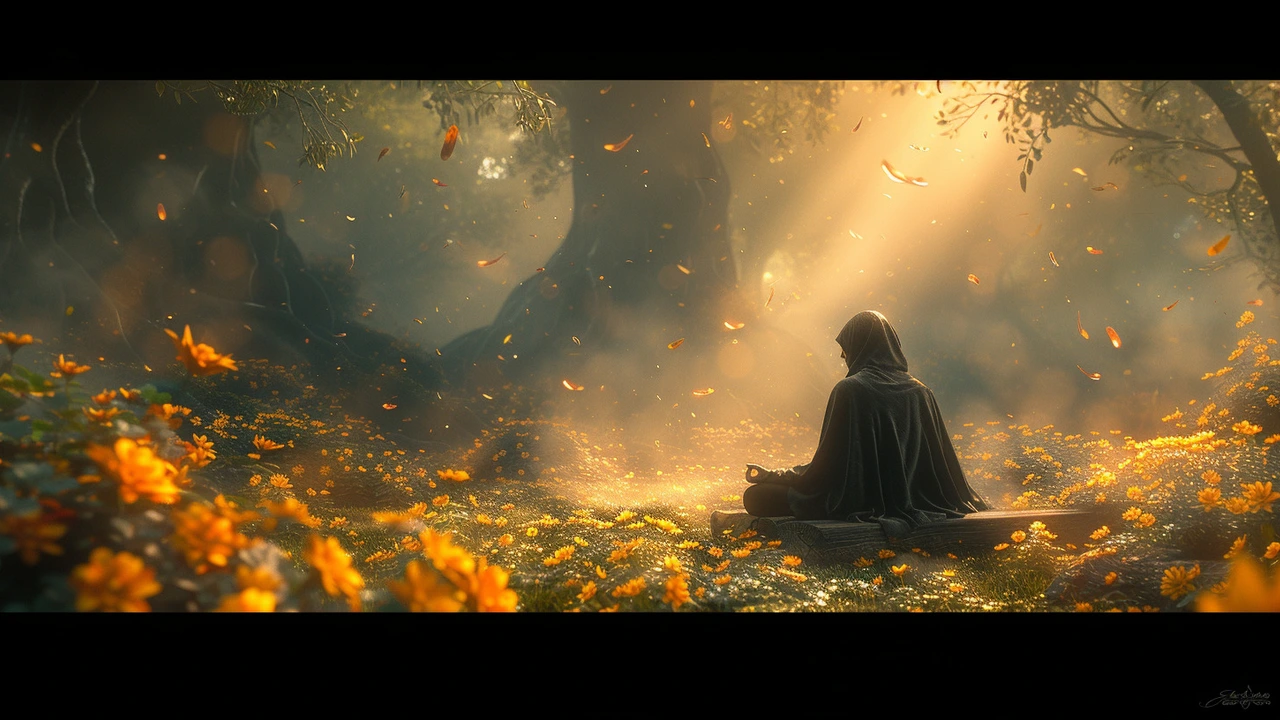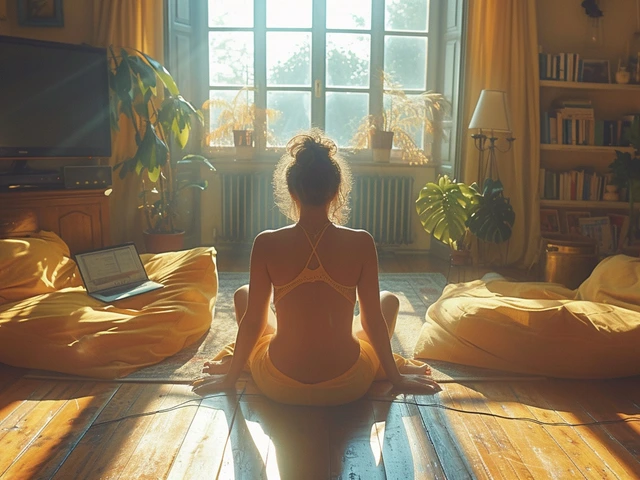Understanding Mental Health
The first step in understanding the relationship between mental health and creativity is by having a solid understanding of what mental health is. Mental health, as defined by the World Health Organization, refers to the state of well-being in which every individual realizes his or her own potential, can cope with the normal stresses of life, can work productively and fruitfully, and is able to make a contribution to her or his community. It is not merely the absence of a mental disorder. It involves our emotional, psychological, and social well-being and it affects how we think, feel, and act.
The Concept of Creativity
Next, let's delve into the concept of creativity. Creativity isn’t just about coming up with original ideas; it’s also about making connections between different ideas, and transforming existing ones into something new and improved. It's about thinking outside the box, challenging the status quo, and coming up with innovative solutions to problems. It doesn't necessarily have to involve the arts, as creativity can be applied in any field or aspect of life.
How Mental Health Influences Creativity
Now that we have a basic understanding of both mental health and creativity, let's delve into how the two could be intertwined. Have you ever wondered why many great artists, writers, and musicians in history have had some kind of mental health issue? Some studies suggest that there is a link between mental health disorders and creativity. This could be because individuals with certain mental health disorders may have a heightened ability to think divergently, which is a key aspect of creativity. However, it's important to note that this doesn't mean that all creative individuals have mental health disorders, or vice versa.
Does Creativity Enhance Mental Health?
Conversely, it's also worth exploring whether creativity enhances mental health. Artistic and creative activities can serve as a form of therapy and can help individuals express their feelings and emotions, which they might not be able to do otherwise. This can help in reducing stress, improving self-esteem, and promoting a sense of accomplishment. Therefore, creativity can have a positive impact on mental health and well-being, and can be used as a tool for mental health recovery.
The Role of Society in Shaping the Relationship
Society plays a significant role in shaping the relationship between mental health and creativity. Through societal norms and expectations, individuals may feel pressured to conform and suppress their creativity, which can negatively impact their mental health. On the other hand, society can also provide a supportive environment that encourages creativity and mental wellbeing. Understanding these societal influences can enable us to foster a culture that values and nurtures both mental health and creativity.
Creating a Balance
Finally, it's crucial to understand the importance of balance. While there may be a link between mental health disorders and creativity, it's important to not romanticize this. Having a mental health disorder is not a prerequisite for being creative, and being creative does not mean you have to suffer from a mental health disorder. It's about understanding and managing your mental health, and fostering your creativity, in a way that's healthy and beneficial for you.






Write a comment: